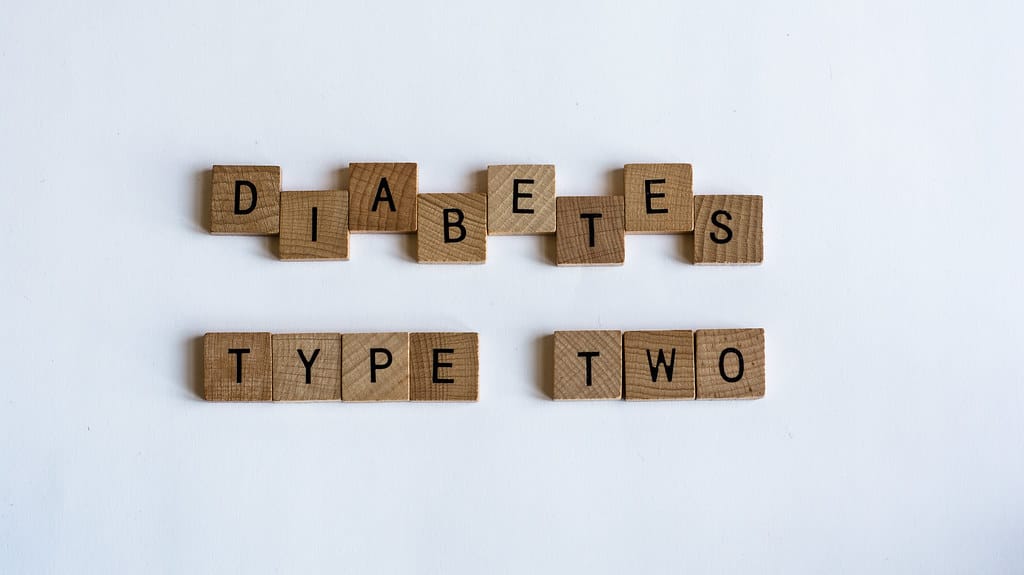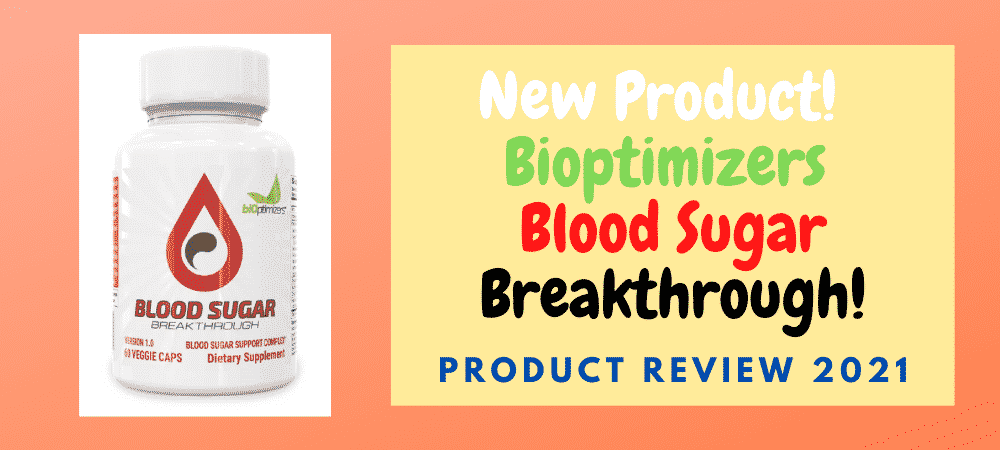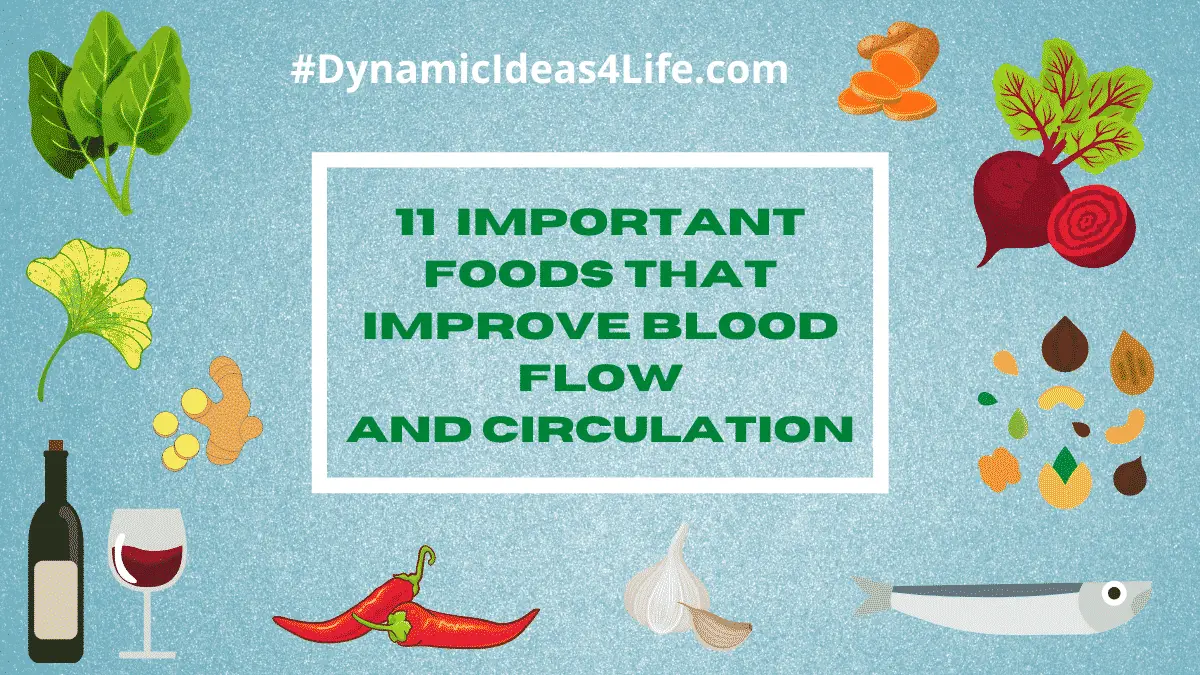Discovering the “Best Diet for Reversing Type 2 Diabetes” may initially appear unrealistic, given that diabetes is considered an incurable disease. However, it is important to note that while diabetes cannot be fully cured, there are possibilities to bring glucose levels back to the non-diabetic or pre-diabetic range through complete or partial remission.
Numerous studies have highlighted this and the significant impact of dietary choices on diabetes management. By following certain eating patterns many type 2 diabetics have seen promising results.
For example, one of the most widely studied and recommended diets for diabetes reversal is the Mediterranean diet, and others that are known to help include the low-carb or keto diet and also there is the WFPB diet (whole food plant based).
The options are definitely there but what is the best one? In this post, we shall look at all these different options to find which one may be best for your consideration. These options may vary depending on personal preferences but anyway,
Now… Let’s continue…
What Is The Best Diet For Reversing Type 2 Diabetes – The Path To Complete Remission
*This article was originally published back in 2020. This is a newly edited update revised for August 2023<<
Type 2 Diabetes is a chronic condition that affects millions of people worldwide. It is characterized by high blood sugar levels due to the body’s inability to properly use insulin, a hormone that helps regulate blood sugar. According to the International Diabetes Federation, approximately 463 million adults were living with diabetes in 2019, and this number is expected to rise to 700 million by 2045.
Diet plays a crucial role in managing and even Reversing Type 2 Diabetes. Making healthy food choices can help control blood sugar levels, improve insulin sensitivity, and promote overall health and well-being.
By understanding the causes of Type 2 Diabetes and the impact of diet on the condition, individuals can take control of their health and make positive changes to manage their diabetes effectively.
Causes of Insulin Resistance
Diabetes is a condition that historically has been something that has been identified for thousands of years. The word diabetes is an Ancient Greek term that means “to go through”. Its name comes from one of the symptoms being that somebody may pass an excessive amount of urine.
Insulin the hormone or body chemical that is responsible for breaking down sugars was identified in the 1920s by Edward Albert Sharpey-Schafer. The famous Physician is also known for discovering adrenaline.
What he also discovered was Insulin’s involvement in causing diabetes by our bodies not naturally producing enough of it (Type 2). Plus Type 1 was caused by other biological factors such as the immune system, that interfere with the correct distribution of Insulin.
Insulin Resistance is heavily linked with Type 2 Diabetes because what is often the case is that the body simply will not respond to its own insulin levels. The causes of insulin resistance are said to be obesity for one, a poor diet, and like many other conditions genetics.
Losing Weight and Eating Healthy for Reversing Type 2 Diabetes
Generally speaking, PM2.5 and EDCs are not exactly popular amongst the scientific community when it comes to diabetes. Diabetes is usually attributed to a genetic fault line or the damage caused by a poor diet. Some studies do exist though that support this idea.
In fact, it really isn’t difficult to believe once you understand how PM2.5 and EDCs can be passed on. Through food packaging such as plastics, our cookware, and the clothes we wear. Our food and water as well as the air we breathe. It suffices to say that this kind of unseen toxic enemy is in most cases unavoidable.
Things like drinking correctly filtered purified water and avoiding plastics etc. are wise choices but in all fairness, the best way to remedy the effects of what this kind of toxic contamination can cause is by consuming high antioxidant-rich foods.
This might not surprise you but a lot of vegetables and plants are exactly the sort of diet you need to be eating. There is a wide range of natural chemicals found in plants that can have amazing health benefits.
Detox Foods for Reversing Type 2 Diabetes
Detox foods play a crucial role in the management and potential reversal of Type 2 diabetes. While it’s essential to emphasize that a healthy, balanced diet is the foundation for diabetes management, certain foods can aid in detoxifying the body and supporting better blood sugar control.
Green leafy vegetables, such as spinach, kale, and Swiss chard, are excellent choices. They are rich in fiber, vitamins, and minerals, which help regulate blood sugar levels and improve insulin sensitivity. These vegetables also contain antioxidants that protect cells from oxidative stress, a common issue in diabetes.
Additionally, broccoli and Brussels sprouts contain compounds that support the liver in detoxifying harmful substances, indirectly aiding in diabetes management.
Also, Berries, particularly blueberries, strawberries, and raspberries, are potent detoxifiers due to their high levels of antioxidants and fiber. These fruits have a relatively low glycemic index and can help stabilize blood sugar levels.
For type 2 diabetics Incorporating these detoxifying foods into a well-rounded, balanced diet can be a beneficial strategy for managing and potentially reversing Type 2 diabetes. However, it’s essential to work with healthcare professionals and consider individual dietary needs and preferences.
Understanding Type 2 Diabetes and Its Causes
Type 2 Diabetes is a metabolic disorder characterized by high blood sugar levels. Unlike Type 1 Diabetes, which is an autoimmune disease where the body does not produce insulin, Type 2 Diabetes occurs when the body becomes resistant to insulin or does not produce enough insulin to regulate blood sugar levels effectively.
Several factors contribute to the development of Type 2 Diabetes. These include genetics, obesity, physical inactivity, poor diet, and age. People with a family history of diabetes are at a higher risk of developing the condition. Additionally, being overweight or obese increases the risk of developing insulin resistance, a key factor in Type 2 Diabetes.
Insulin Resistance occurs when the body’s cells do not respond properly to insulin, leading to elevated blood sugar levels. This can happen due to excess fat in the liver and muscles, which interferes with insulin’s ability to regulate blood sugar. Insulin resistance can be caused by a combination of genetic and lifestyle factors, including poor diet and lack of physical activity.
The Importance of Diet in Managing Type 2 Diabetes
Diet plays a crucial role in managing Type 2 Diabetes. The food we eat directly affects our blood sugar levels, and making healthy food choices can help control these levels and improve insulin sensitivity. A healthy diet for managing Type 2 Diabetes includes a balance of carbohydrates, proteins, and fats, along with plenty of fruits, vegetables, and fiber.
Carbohydrates have the most significant impact on blood sugar levels. When consumed, carbohydrates are broken down into glucose, which is then absorbed into the bloodstream. This causes blood sugar levels to rise.
However, not all carbohydrates are created equal. Simple carbohydrates, such as those found in sugary drinks and processed foods, are quickly digested and cause a rapid spike in blood sugar levels. On the other hand, complex carbohydrates, such as those found in whole grains and legumes, are digested more slowly, resulting in a slower and more controlled rise in blood sugar levels.
In addition to managing blood sugar levels, a healthy diet can also improve insulin sensitivity. Insulin sensitivity refers to how well the body’s cells respond to insulin. By consuming a diet rich in whole foods, low in processed foods, and added sugars, individuals can improve their insulin sensitivity and reduce the risk of developing Type 2 Diabetes.
The Role of Carbohydrates in Blood Sugar Control
Carbohydrates are the body’s primary source of energy. When consumed, they are broken down into glucose, which is used by the body for fuel. However, not all carbohydrates are created equal when it comes to their impact on blood sugar levels.
Simple carbohydrates, such as those found in sugary drinks, sweets, and processed foods, are quickly digested and cause a rapid spike in blood sugar levels. This can lead to a sudden surge in insulin production, followed by a crash in blood sugar levels.
On the other hand, complex carbohydrates, such as those found in whole grains, fruits, and vegetables, are digested more slowly, resulting in a slower and more controlled rise in blood sugar levels.
When managing Type 2 Diabetes, it is important to choose healthy carbohydrates that have a minimal impact on blood sugar levels. This includes whole grains, such as brown rice, quinoa, and whole wheat bread, as well as fruits and vegetables.
These foods are rich in fiber, which helps slow down the digestion and absorption of carbohydrates, resulting in a more gradual rise in blood sugar levels.
Portion control is also crucial when consuming carbohydrates. Even healthy carbohydrates can cause blood sugar levels to rise if consumed in large quantities. It is important to be mindful of portion sizes and to balance carbohydrates with proteins and fats to help stabilize blood sugar levels.
The Benefits of a Low-Carb Diet for Type 2 Diabetes Reversal
A low-carb diet has been shown to be effective in improving blood sugar control and promoting weight loss in individuals with Type 2 Diabetes. By reducing carbohydrate intake, the body is forced to rely on fat for fuel instead of glucose. This can lead to improved insulin sensitivity and better blood sugar control.
A low-carb diet typically involves limiting or avoiding foods that are high in carbohydrates, such as bread, pasta, rice, and sugary foods. Instead, individuals focus on consuming foods that are high in protein and healthy fats, such as lean meats, fish, eggs, nuts, seeds, and avocados.
In addition to improving blood sugar control, a low-carb diet can also lead to weight loss. When the body is in a state of ketosis, where it is burning fat for fuel instead of glucose, individuals often experience reduced appetite and increased satiety. This can lead to a decrease in calorie intake and subsequent weight loss.
Following a low-carb diet does not mean completely eliminating carbohydrates from the diet. It is important to choose healthy carbohydrates, such as those found in fruits, vegetables, and whole grains, in moderation. It is also important to work with a healthcare professional or registered dietitian to ensure that nutrient needs are being met and to monitor blood sugar levels.
The Role of Fiber in Managing Blood Sugar Levels
Fiber is an essential nutrient that plays a crucial role in managing blood sugar levels. It is a type of carbohydrate that is not digested by the body and does not contribute to blood sugar levels. Instead, it passes through the digestive system largely intact, providing numerous health benefits along the way.
There are two types of fiber: soluble and insoluble. Soluble fiber dissolves in water and forms a gel-like substance in the digestive tract. This gel-like substance helps slow down the digestion and absorption of carbohydrates, resulting in a more gradual rise in blood sugar levels.
Foods that are high in soluble fiber include oats, barley, legumes, and fruits such as apples and oranges.
Insoluble fiber, on the other hand, does not dissolve in water and adds bulk to the stool. It helps promote regular bowel movements and can help prevent constipation. Foods that are high in insoluble fiber include whole grains, nuts, seeds, and vegetables such as broccoli and carrots.
Incorporating fiber into a diabetes-friendly diet is relatively easy. By choosing whole foods over processed foods, individuals can increase their fiber intake significantly.
This includes consuming whole grains instead of refined grains, opting for fruits and vegetables instead of sugary snacks, and including legumes and nuts in meals and snacks.
The Benefits of a Whole Food Plant-Based (WFPB) Diet for Type 2 Diabetes Reversal
A plant-based diet, which focuses on consuming foods derived from plants, has been shown to be effective in improving blood sugar control and promoting overall health in individuals with Type 2 Diabetes. Plant-based diets are rich in fruits, vegetables, whole grains, legumes, nuts, and seeds, and typically limit or avoid animal products.
Whole Food Plant-based diets offer several benefits for blood sugar control. They are typically low in saturated fat and cholesterol, which can help improve insulin sensitivity and reduce the risk of heart disease. They are also high in fiber, which helps slow down the digestion and absorption of carbohydrates, resulting in a more gradual rise in blood sugar levels.
In addition to improving blood sugar control, a plant-based diet can also lead to weight loss and improved overall health. Plant-based diets are typically lower in calories and higher in nutrients compared to diets that include animal products. They are also rich in antioxidants, vitamins, minerals, and phytochemicals, which can help reduce inflammation and support optimal health.
The Importance of Protein in a Diabetes-Friendly Diet
Protein is an essential nutrient that plays a crucial role in managing blood sugar levels and promoting overall health. It is made up of amino acids, which are the building blocks of the body’s cells, tissues, and organs. Protein is involved in numerous bodily functions, including muscle repair and growth, hormone production, and immune function.
When it comes to blood sugar control, protein has a minimal impact compared to carbohydrates. It does not cause a significant rise in blood sugar levels and can help promote satiety and prevent overeating. Including more protein in meals and snacks can help stabilize blood sugar levels and reduce the risk of blood sugar spikes.
Choosing healthy sources of protein is important for a diabetes-friendly diet. This includes lean meats, such as chicken, turkey, and fish, as well as plant-based sources of protein, such as legumes, tofu, tempeh, and seitan. It is important to avoid sources of protein that are high in saturated fat and LDL cholesterol, such as fatty cuts of meat and processed meats.
The Role of Healthy Fats in Managing Blood Sugar
Healthy fats play a crucial role in managing blood sugar levels and improving insulin sensitivity. They are an essential nutrient that provides energy, helps absorb fat-soluble vitamins, and supports optimal brain function. Including healthy fats in a diabetes-friendly diet can help stabilize blood sugar levels and reduce the risk of insulin resistance.
When it comes to blood sugar control, healthy fats have a minimal impact compared to carbohydrates. They do not cause a significant rise in blood sugar levels and can help promote satiety and prevent overeating. Including healthy fats in meals and snacks can help stabilize blood sugar levels and reduce the risk of blood sugar spikes.
Healthy fats are found in foods such as avocados, nuts, seeds, olive oil, and fatty fish like salmon and sardines. These fats are rich in omega-3 fatty acids, which have been shown to reduce inflammation and improve insulin sensitivity. It is important to choose healthy sources of fat and to avoid sources that are high in saturated fat and cholesterol, such as fried foods and processed snacks.
In addition to their impact on blood sugar control, healthy fats offer numerous health benefits.
They can help reduce the risk of heart disease, support brain health, and promote healthy skin and hair. It is recommended to include a variety of healthy fats in the diet and to consume them in moderation due to their high-calorie content.
The Benefits of Intermittent Fasting for Type 2 Diabetes
Intermittent fasting is a dietary approach that involves cycling between periods of fasting and eating. It has gained more mainstream popularity in recent years for its potential health benefits. Weight loss is a big one but another is for helping to reverse type 2 diabetes with better blood sugar control.
Intermittent fasting can improve blood sugar control by reducing insulin resistance and promoting the body’s ability to use glucose for fuel. When the body is in a fasted state, it relies on stored fat for energy instead of glucose. This can lead to improved insulin sensitivity and better blood sugar control.
There are several different methods of intermittent fasting, including the 16/8 method, where individuals fast for 16 hours and eat within an 8-hour window, and the 5:2 method, where individuals eat normally for 5 days and restrict calorie intake to 500-600 calories for 2 days.
What works best depends on the person but one thing that is great about this method is it doubles up as a means of weight loss which itself is crucial for working towards diabetes remission.
Creating a Sustainable and Effective Diet Plan
Creating a sustainable and effective diet plan for Type 2 Diabetes reversal involves making long-term lifestyle changes that can be maintained over time.
It is important to focus on making small, gradual changes that are realistic and achievable.
Start by assessing your current diet and identifying areas for improvement. This may include reducing the consumption of processed foods, sugary drinks, and snacks, and increasing the intake of whole foods, fruits, vegetables, lean proteins, and healthy fats. It may also involve portion control and mindful eating practices.
It is important to work with a healthcare professional or registered dietitian to create a personalized diet plan that meets your individual needs and goals. They can provide guidance on portion sizes, meal planning, and food choices, as well as monitor your blood sugar levels and make adjustments as needed.
Final Thoughts
The Best Diet for Reversing Type 2 Diabetes is one that includes plenty of fruits, vegetables, herbs, spices, and nuts. That is what I have concluded. I think detoxing from toxins is a big part of this as well. Free radical contaminants and oxidative stress seem to be a big factor in causing Insulin Sensitivity.
The increase in the past 50-something-plus years also coincides with conditions such as Obesity, Alzheimer’s Disease, and Cardiovascular Disease becoming more prevalent in Western society. And really it is difficult to avoid such potential harm but Nutrition is certainly key to helping your body recover at least to some degree. Blood sugar control is one of these things and I hope this article has been helpful.
If you are looking for something to try to help manage your blood sugar the diets and information above I think should help but something else to try I would also say is this product HERE<<




Anxiety and Depression best ways to lower blood sugar BiOptimizers blood pressure supplements blood sugar support supplements Digestive Enzymes Supplement digital products Dr Sam Robbins Erectile dysfunction Exercise Gut Health Healthy Living heart health HFL how to lower blood sugar levels How To Lower Cholesterol insulin resistance joint health supplement Keto keto dieting Keto Diet Weight Loss leaky gut supplements leptin resistance list Magnesium deficiency Matt Gallant mental health multivitamins Nootropics nutrient supplements Probiotics Probiotic Supplements proteolytic enzymes reverse type 2 diabetes stress and anxiety stress relief vitabalance vitapost Wade Lightheart weight loss articles weight loss diet plans weight loss product reviews weight loss supplements weight loss supplements that work weight loss tea





Being that diabetes runs strong in my family, I’m glad I came across your article. I’ve always been wondering how I can prevent myself from getting this disease and your article has given me a clear answer.
My only problem now is trying to cut out the sweet and fast food from my diet.
What do you personally or know that someone who has diabetes eats when they want something sweet? Is is fruits?
Also do you know any good recipes for some spicy meals? I love spicy food but unfortunately I can’t cook good lol.
Hi Michael, Take a look at my review for Halki Diabetes remedy this may shed some light; https://bit.ly/2XuTtTo
Thanks Alex for this post on type 2 diabetics and a diet that could reverse it. A close friend of mine has type 2 diabetes, she has lived with it for some years. We keep searching for information that could help her. This post is just perfect for her. I should be forwarding the link to her. I’m sure she will be adding those herbs to her meals.
Hi Julliet, OK if you forward the post can you ask her to also take a look at my other post for the Halki Diabetes remedy. Here is a link; https://bit.ly/2XuTtTo
I agree with this “what I do want though is to show how that by following a certain diet somebody with Type 2 Diabetes can potentially reverse these effects” Great facts you have shared here in your article best diet to reverse type 2 diabetes. It’s very important for people to realize that there are options and that sometimes there are alternatives to medicines that are prescribed. Thanks for sharing!!!
Thanks Alyse
Hello dear, thanks for sharing these wonderful content with us, I was actually doing some research online when I saw your post, I believe these is exactly what my aunty needs she’s a diabetic patient, and I believe that these article will be of great quality and use to her, thanks for the info, I’ll surely do some recommendations
Hi Skuchmane, Thanks for taking the time to respond. A post your aunt may find useful is my other review for Halki Diabetes Remedy – See here; https://bit.ly/3e1jbnE
Awesome review on best diet for reversing type 2 diabetes,Although there’s no cure for type 2 diabetes, studies show it’s possible for some people to reverse it, Through diet changes and weight loss, you may be able to reach and hold normal blood sugar levels without medication. This doesn’t mean you’re completely cured. So these diet can go a along way tk helping you keeping it calm…hope this review helps..
Thanks for the awesome review i look forward to share i in my blog
Hi Evans, Thank you that would be very helpful.
Hi Alex
Very informative and interesting article.
Type 2 diabetes is the new common disease, and much can be done with the right diet.
My son has type 1 diabetes, and only insulin injections are of help, but the blood sugar can be kept in very good control by the correct diet even in his case – We swear to the low carb diet, even if he can not completely cut off carbohydrates.
Thank you for sharing this important and informative article with us. Keep up the good work!
Take care.
Cathy
Thank you Cathrin for taking the time to comment. The low carb diet does sound interesting I will have to look into this further for a future post.